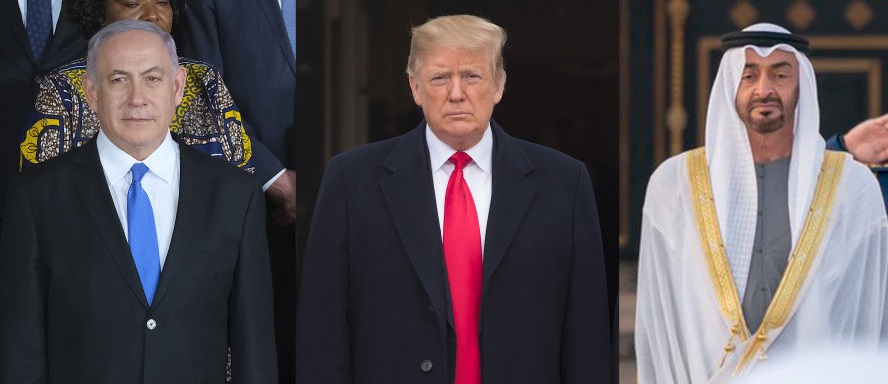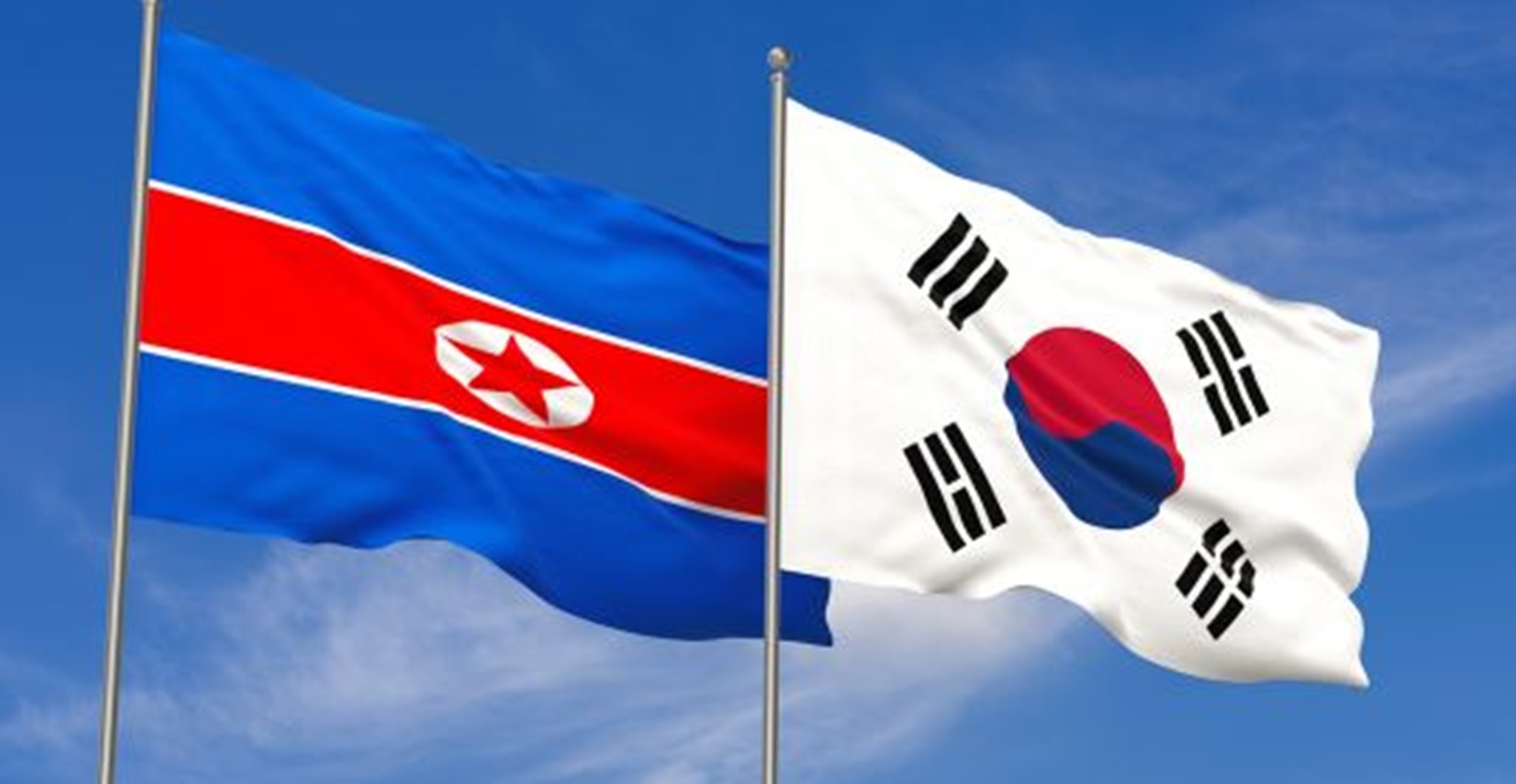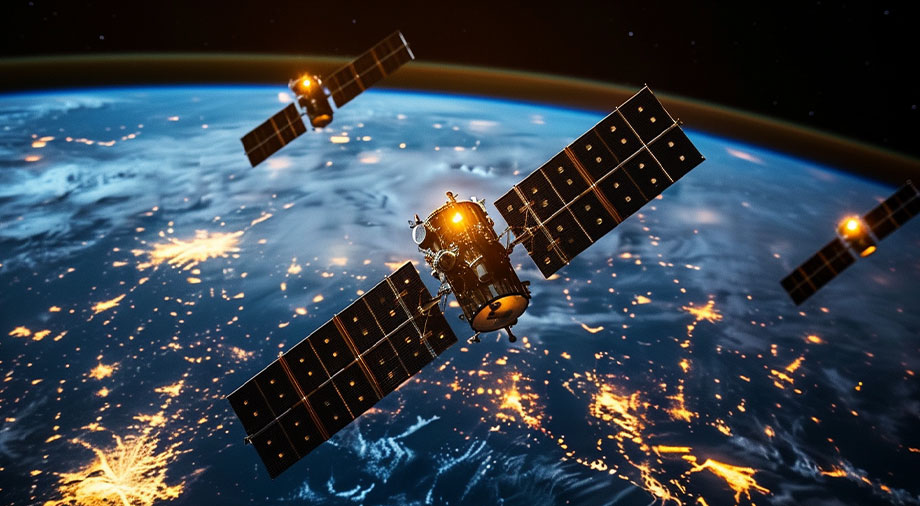On August 13, 2020, in a significant turn in the geopolitics of the Middle East, the United Arab Emirates (UAE) announced an agreement to normalize relations with Israel. The deal makes the UAE the third Arab country, after Egypt in 1979 and Jordan in 1994, to formalize its relationship with Israel.UAE and Israel do not have formal diplomatic relations even though bilateral engagements between them have grown tremendously over the last two decades. The deal was attained under US mediation. The leaders of the three countries hailed the agreement as a “historic diplomatic breakthrough” to “advance peace in the Middle East region.”1
Although many received it by surprise, the deal was not surprising.2Lately, Israel and the Arab Gulf states relations have been on a steady course of improvement.3In the last two years, Oman and Bahrain have held high-level engagements with Israel.4 While Saudi is reported to have made multiple secret talks with the country.5 There have been growing ties between Israel and the Gulf states, including intelligence sharing and security and economic cooperation.6 Under these circumstances, the deal is likely to encourage other countries in the region to follow suit.7
Turn to India, it has welcomed the deal.8 New Delhi is comfortably one of the major beneficiaries of any possible easing of the tensions in the Middle East. Geopolitically, New Delhi has been playing a multi-axis balancing act between Israel, Iran, and Saudi Arabia in the region due to the complexities of geopolitical realities. The Israel-Palestinian question is one of the prominent issues that characterize this complexity. In such a context, the possibility of other Arab Gulf countries to follow the footstep of the UAE gives India reasons to rejoice.9 If that happens, India and the Gulf states would have a mutual alignment of interest on Israel policy. This can de-intensify India’s balancing act vis a vis Israel and the Gulf States.
However, that is not everything. India’s relations with Iran, the Gulf-Iran equation, Israel-Iran relations are also factors that impact India’s Middle East policy. Therefore, fundamentally, what is going to determine New Delhi’s political fortunes and define the contours of India’s Middle policy at large is the question of how far the current peace agreement would entail prospects towards peace and stability in the region. Viewed thus, the UAE-Israel deal currently presents both opportunities and challenges for India.
A Potential Force-Multiplier in India’s Israel and Gulf Relations
The mutual significance between India and GCC states has mounted in recent years. India has expressed its interests to expand ties with the Gulf states beyond the traditional oil trade and diaspora and foreign exchange. Towards this end, New Delhi has expanded its relations with the Gulf countries, especially the UAE and Saudi Arabia.10 India’s investment in the region spiked from 4.7 percent in 2011 to 16.2 percent in 2016. Similarly, The Gulf Cooperation Council (GCC) investments into India have also risen from 0.7 percent in 2011 to 2.95 percent in 2016.11 Similarly, the Gulf states are looking to exploit the potential of India’s economy and expansive markets. Recently, the Abu Dhabi National Oil Co (ADNOC) and Saudi Aramco jointly signed an MoU with India build an integrated refinery and petrochemicals complex at Ratnagiri in Maharashtra.12
This gained momentum in the investments and business links are expected to rise in the coming days due to the Covid-19 crisis. The Covid-19 crisis has forced the Gulf States to take extreme austerity measures.13 Likewise, India is strenuously looking to revive its economy, which has faced perhaps the worst economic crisis since independence.14 These concerns can plausibly induce a major thrust upon a more realistic, pragmatic, and transactional approach to tide over the uncertainty. Thus, the crippling effects of the pandemic on the economies of both India and the Gulf states are likely to bolster their commitments and serve as a catalyst to deepen the cooperation.
Further, for the Gulf States, Washington’s plans to reduce its oil dependence in the region seem to have rendered a compounding effect on its necessity.Trump indicated this potential shift earlier this year on the sidelines of addressing the nation on the Iranian crisis. He stated: “We are now the number-one producer of oil and natural gas anywhere in the world. We are independent, and we do not need Middle East oil.”15Against this context, the UAE-Israel deal can be a force multiplier in India’s Gulf relations. It allows New Delhi to bolster its defence and security ties with UAE.16
Moreover, it can also boost India’s ever-growing Israeli ties. New Delhi had swiftly recalibrated its Israel policy as the Israel-Gulf relations began to warm up in the recent years. By de-hyphenating its Israel and Palestine policy under Modi, India sought to pursue closer ties with Israel. Since the de-hyphenation, Indo-Israeli relations have deepened to form a strategic partnership.17Nonetheless, maintaining closer ties with Israel meant India play a calibrated balancing act. New Delhi does not want to strain its strong ties with the Arab-Gulf states which maintain long-standing adversarial relations with Israel. For this reason, the UAE-Israel normalization plan can hopefully bring some respite to New Delhi’s balancing act. With more Arab states likely to follow suit, India can expect to scale up its cooperation with Israel and bolster it without the fear of causing strains in its ties with the Gulf States.
Potential Challenges for India
Plausible challenges to India’s relations in the Middle East can stem mainly from two fronts.First, India may face challenges as the deal is likely to increase tensions in the region due to Iran’s perception of the deal as a budding Gulf-Israel alliance against it. Tehran’s while condemning the deal has also warned the UAE of the consequences if it would affect Iran’s national security.18Starkly, the deal has not only highlighted but also heightened the distrust and misgivings between UAE and Iran. Possibly as an early indication of deepening strains, Iran, in the wake of the deal,detained a UAE ship on the charge of illegal traffic in Iranian waters.19Although UAE has sought to clarify that the deal was not aimed at Iran, in the activated security dilemma dynamics, the relations between the countries are expecting to sour. If it gives rise to a robust confrontational axis between Iran on one side and others on the other side, it will be a massive challenge for India to sustain cordial relations with both.
Second, the implications of the deal on the US-Iran tensions can spell challenge for India. For more than a decade and a half US-Iran tensions have been a constant factor in India’s relations with Iran. Under Trump administration, the heightened tensions between Washington and Tehran has had a strong bearing on India’s Iran relations.20 Trump’s policy of “maximum pressure” brought about debilitating effects on India’s Iranian ties and pushed Tehran firmly into the Chinese hands.21 From the US vantage point, the US brokering the UAE-Israel normalization has a sharp Iran angle to it. The US is pressing for more Arab Gulf states to normalize ties with Israel in order to isolate and corner Iran across the region. However, such a strategy might be counterproductive. Creating a hostile neighbourhood for Iran can potentially increase domestic opposition in Iran to the possible revival of the nuclear deal, leading to renewed and prolonged hostility between Tehran and Washington.22 In such a situation, India will continue to face a tough challenge to improve its Iran relations and balance its ties between Tehran and Washington.
Title Image Courtesy : https://www.wsj.com/articles
References
[5] https://www.nbcnews.com/news/mideast/open-secret-saudi-arabia-israel-get-cozy-n821136
[6] https://www.bakerinstitute.org/media/files/research_document/13eaaa71/CME-pub-GCCIsrael-090716.pdf
[8] https://www.thehindu.com/news/national/india-welcomes-uae-israel-agreement/article32358126.ece
[9] https://www.voanews.com/middle-east/analysts-more-countries-follow-suit-after-israeluae-agreement
[13] https://idsa.in/idsacomments/india-and-gcc-covid-19-pandemic-ppradhan
[20] https://www.eastasiaforum.org/2020/05/02/maximum-pressure-on-indias-relations-with-iran/
[21] https://foreignpolicy.com/2020/08/08/trump-has-pushed-iran-into-chinas-arms/
[22] https://foreignpolicy.com/2020/08/15/the-uae-israel-agreement-isnt-all-its-cracked-up-to-be/
Disclaimer: The views and opinions expressed by the author do not necessarily reflect the views of the Government of India and Defence Research and Studies





